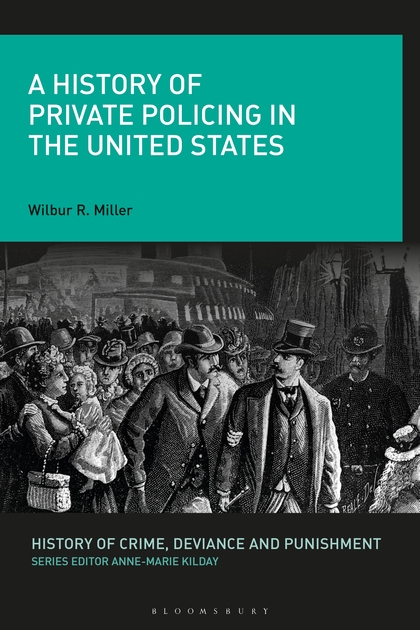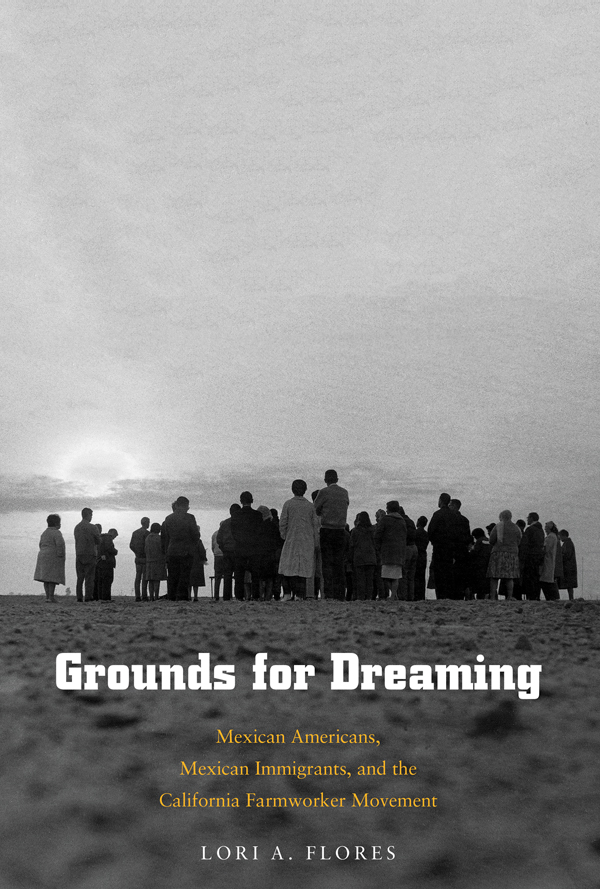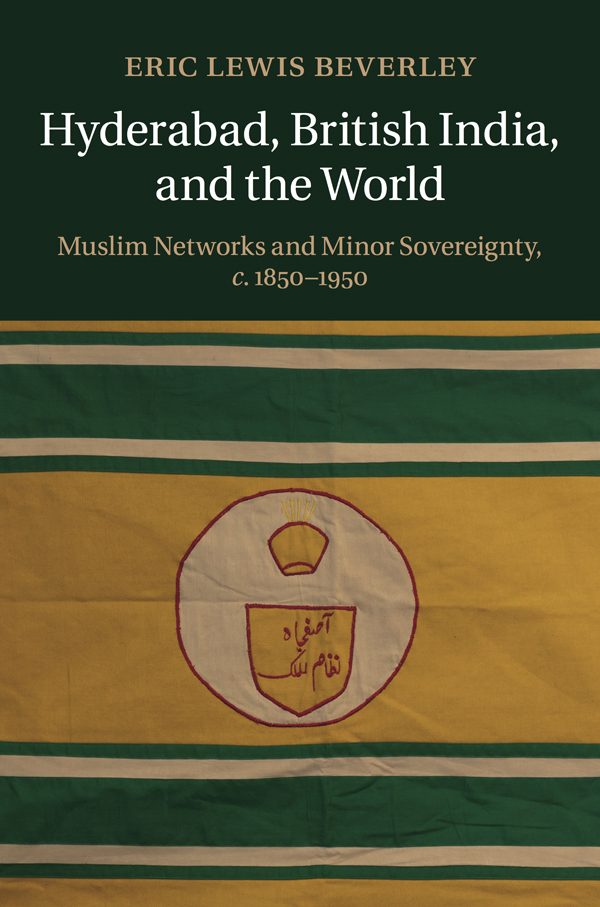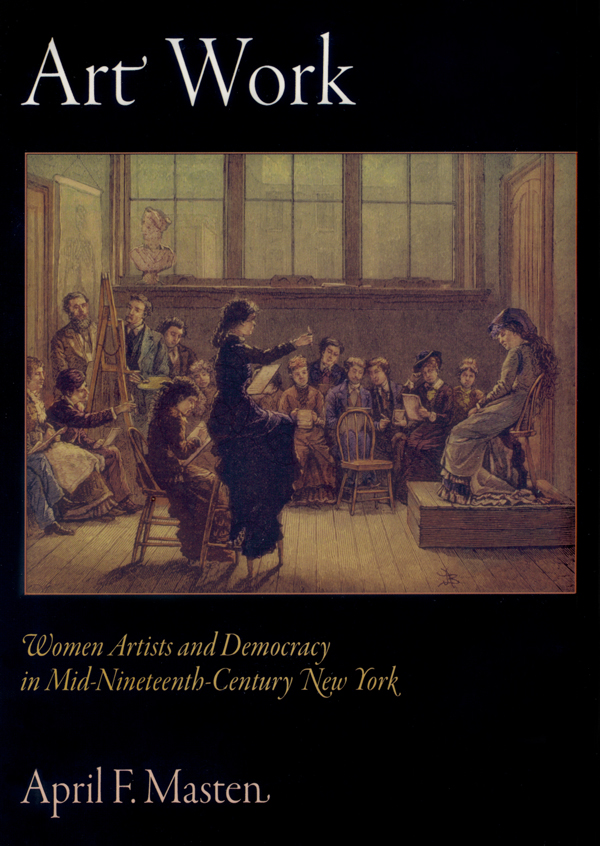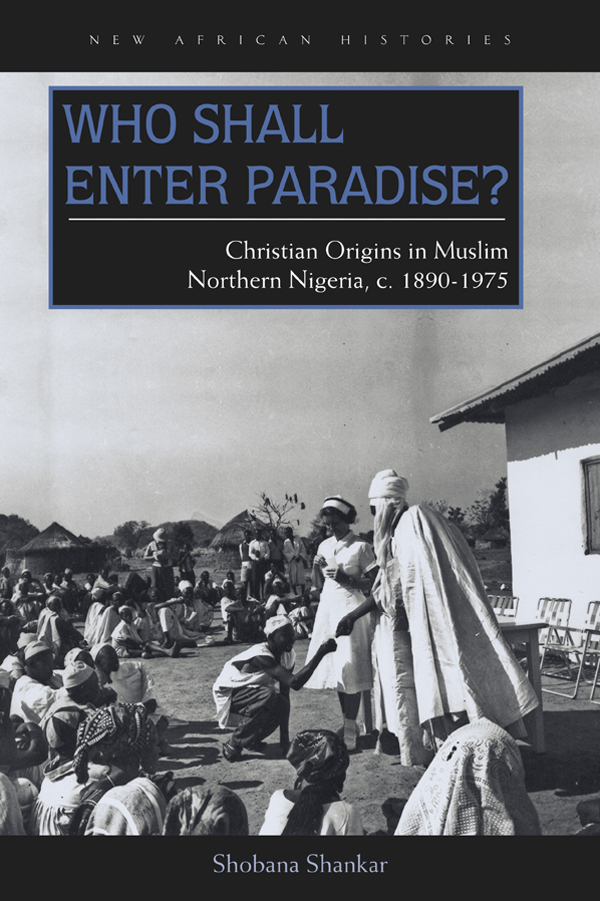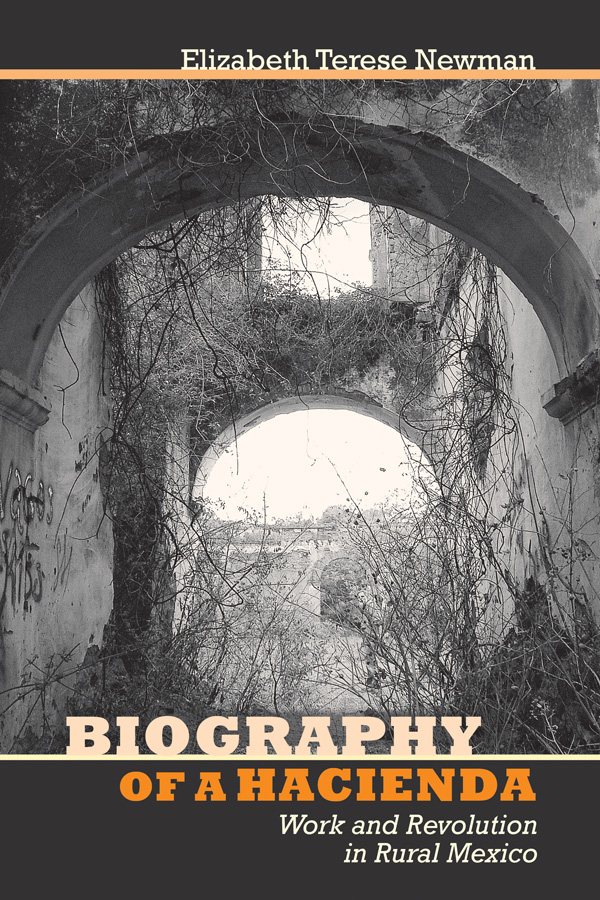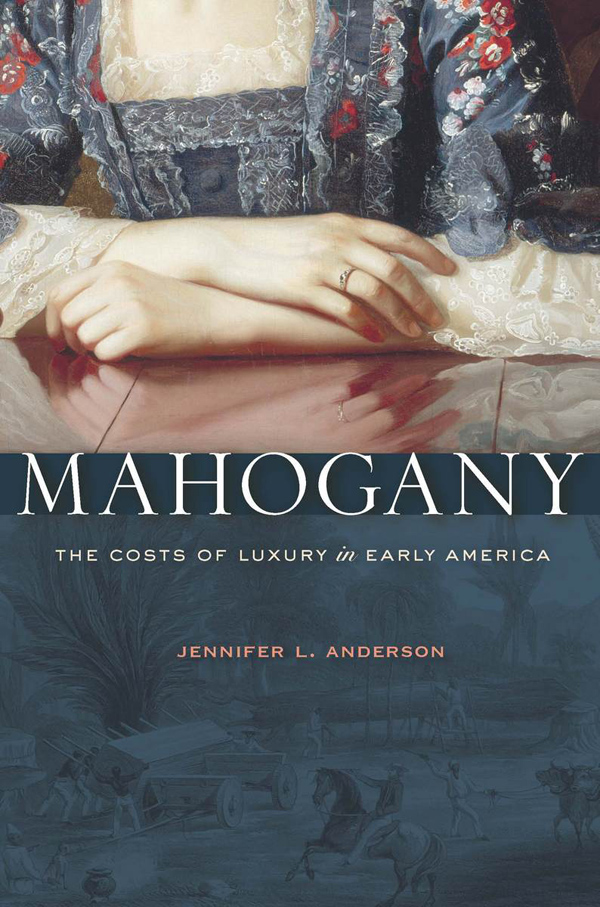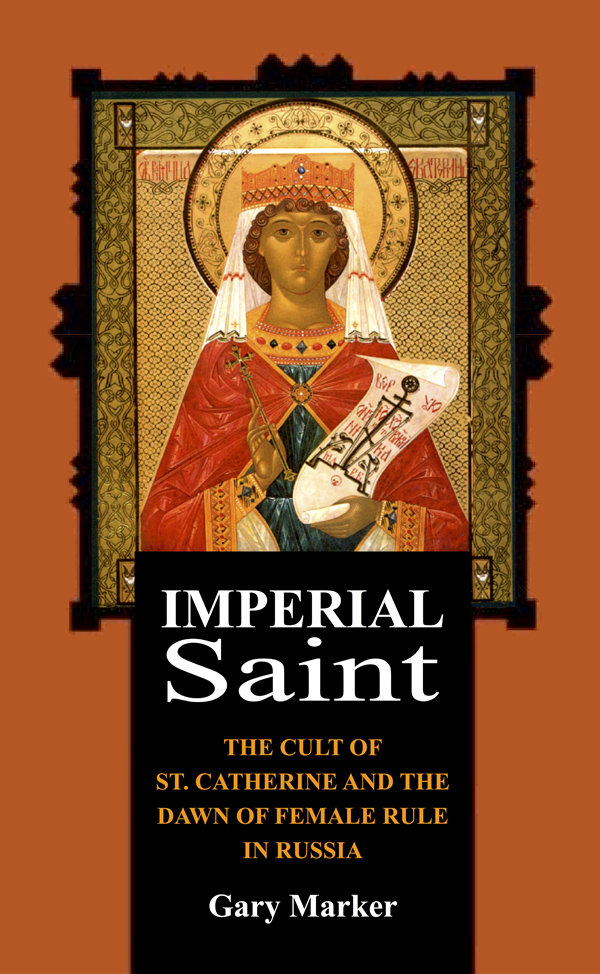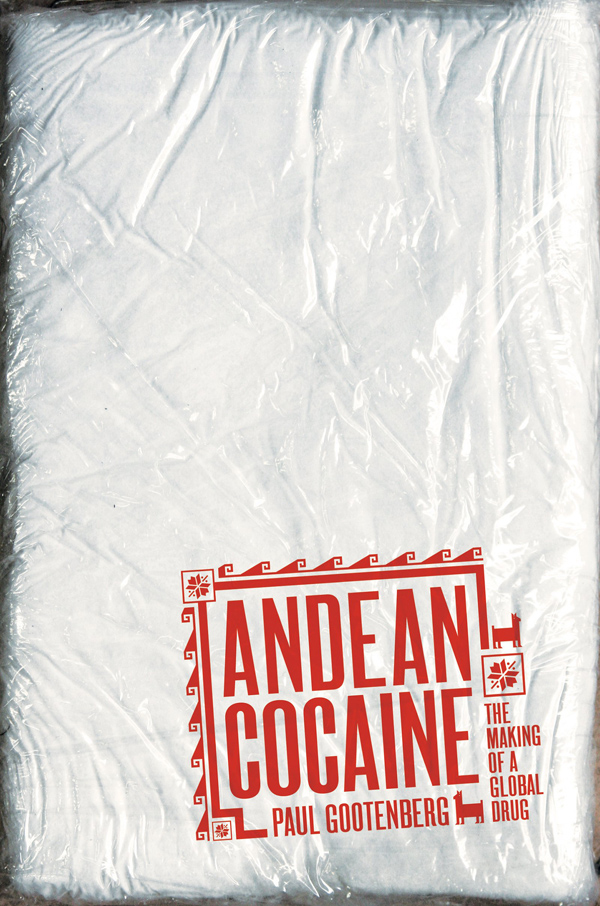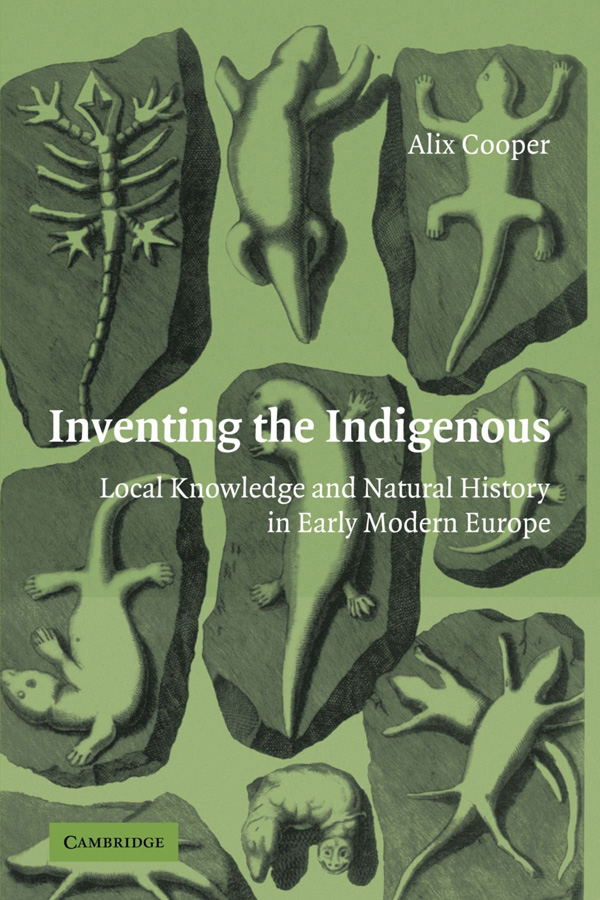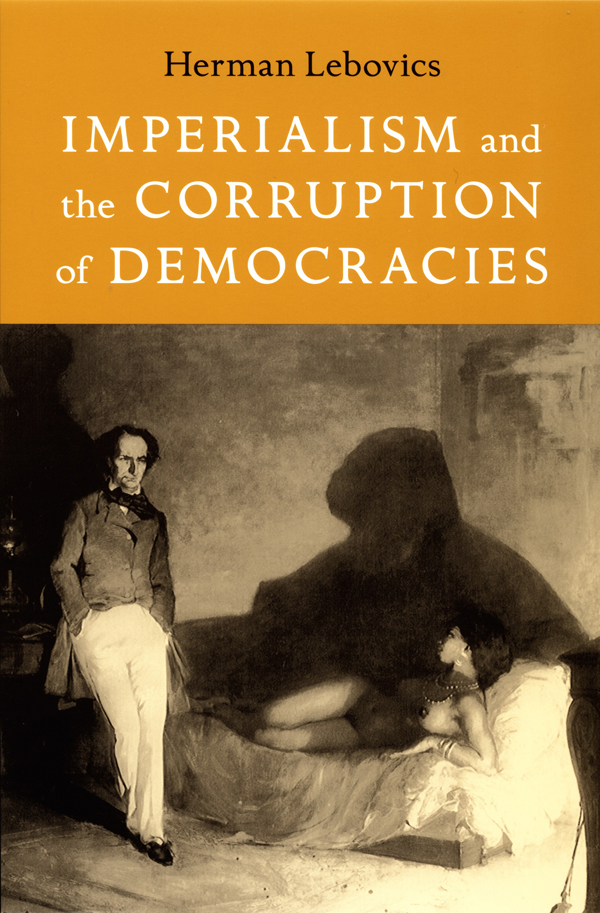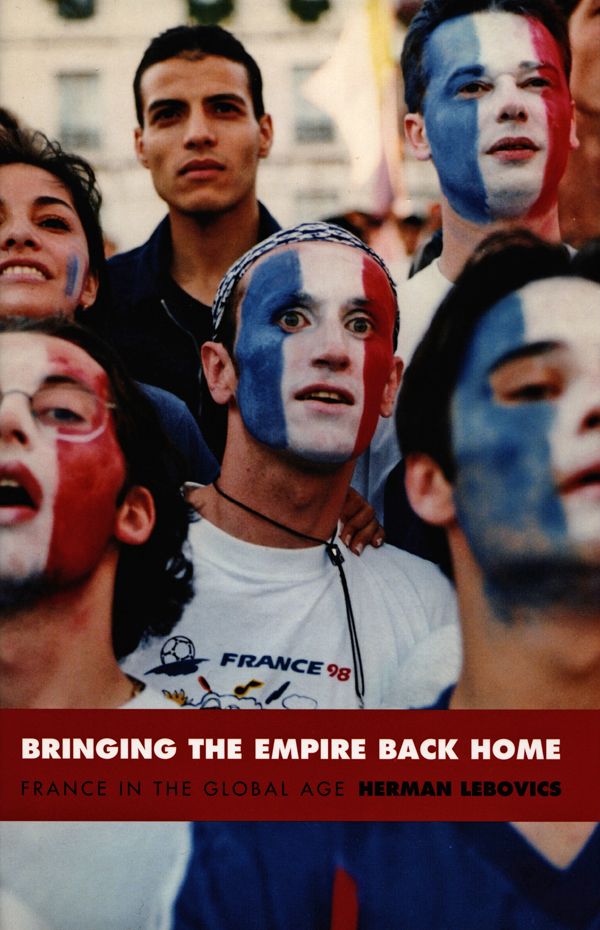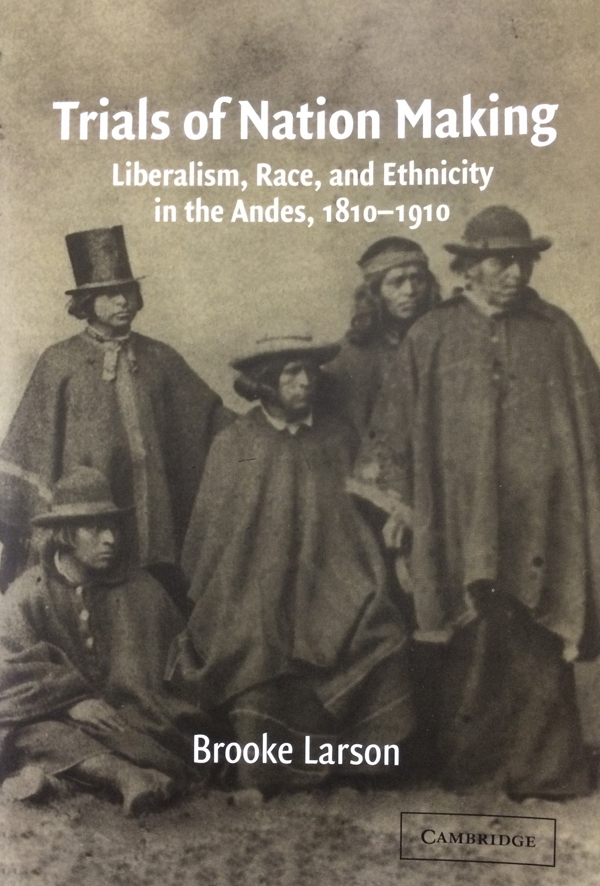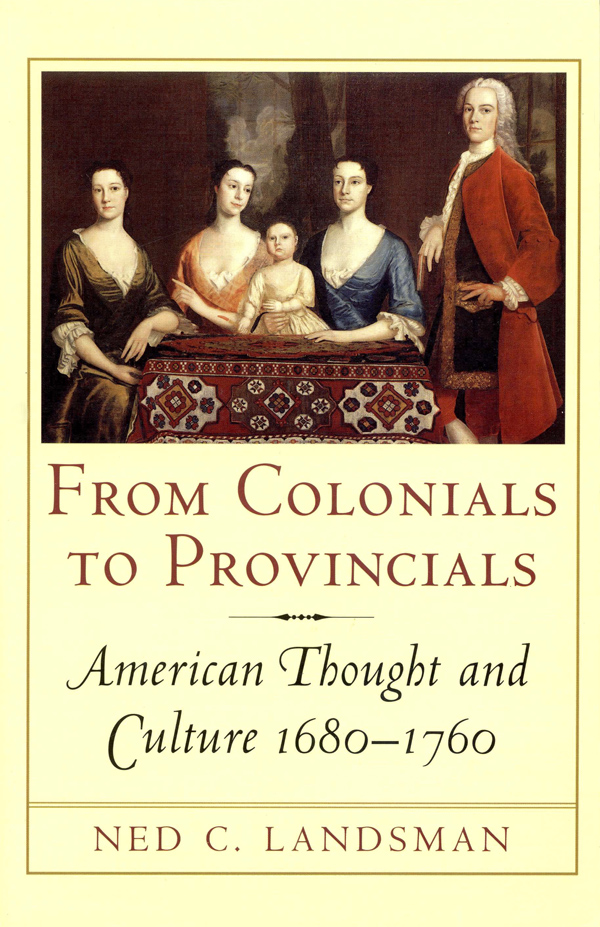RECENT FACULTY BOOKS
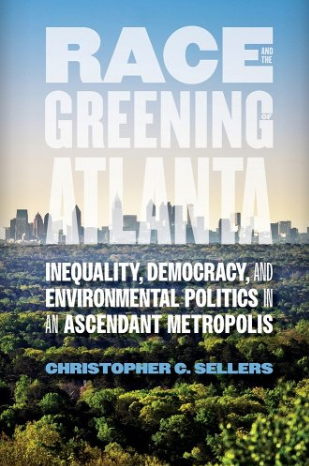
Race and the Greening of Atlanta turns an environmental lens on Atlanta's ascent to thriving capital of the Sunbelt over the twentieth century. Uniquely wide ranging in scale, from the city's variegated neighborhoods up to its place in regional and national political economies, this book reinterprets the fall of Jim Crow as a democratization born of two metropolitan movements: a well-known one for civil rights and a lesser known one on behalf of "the environment." Arising out of Atlanta's Black and white middle classes respectively, both movements owed much to New Deal capitalism's undermining of concentrated wealth and power, if not racial segregation, in the Jim Crow South.
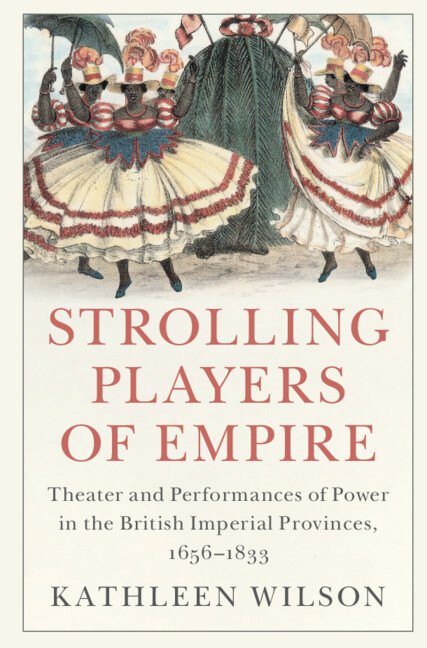
Why did Britons get up a play wherever they went? Kathleen Wilson reveals how the performance of English theater and a theatricalized way of viewing the world shaped the geopolitics and culture of empire in the long eighteenth century. Ranging across the Atlantic, Indian and Pacific Oceans to encompass Kingston, Calcutta, Fort Marlborough, St. Helena and Port Jackson as well as London and provincial towns, she shows how Britons on the move transformed peripheries into historical stages where alternative collectivities were enacted, imagined and lived. Men and women of various ethnicities, classes and legal statuses produced and performed English theater in the world, helping to consolidate a national and imperial culture. The theater of empire also enabled non-British people to adapt or interpret English cultural traditions through their own performances, as Englishness also became a production of non-English peoples across the globe.

This volume considers the interconnection of racial oppression in the U.S. South and West, presenting thirteen case studies that explore the ways in which citizens and migrants alike have been caged, detained, deported, and incarcerated, and what these practices tell us about state building, converging and coercive legal powers, and national sovereignty. As these studies depict the institutional development and state scaffolding of overlapping carceral regimes, they also consider how prisoners and immigrants resisted such oppression and violence by drawing on the transnational politics of human rights and liberation, transcending the isolation of incarceration, detention, deportation and the boundaries of domestic law.
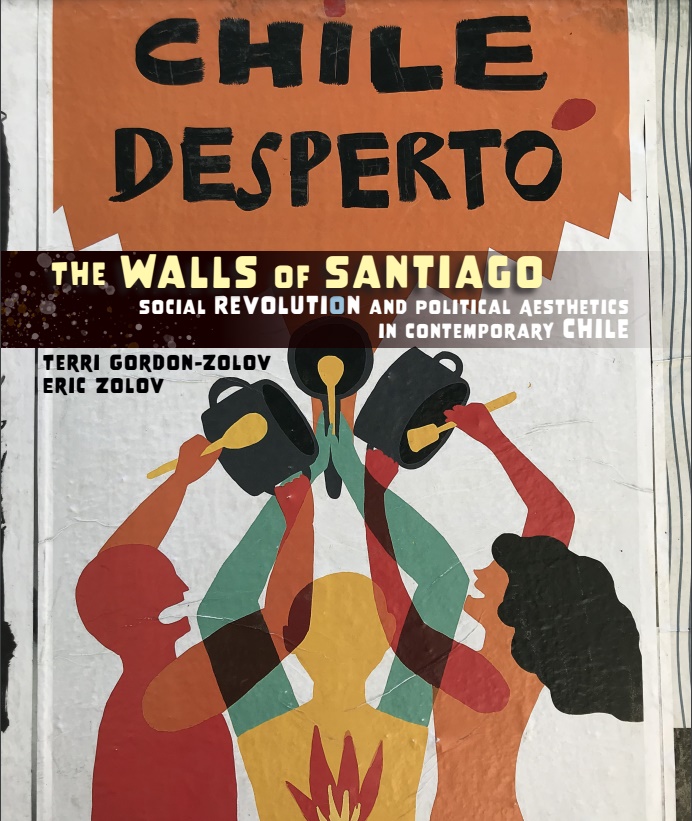
Prof. Eric Zolov's new book, The Walls of Santiago: Social Revolution and Political Aesthetics in Contemporary Chile, co-authored with Assoc. Professor Terri Gordon-Zolov (The New School), analyzes the Chilean social revolution of 2019 by focusing on the political graphics that channeled the demands of a leaderless, grassroots movement.
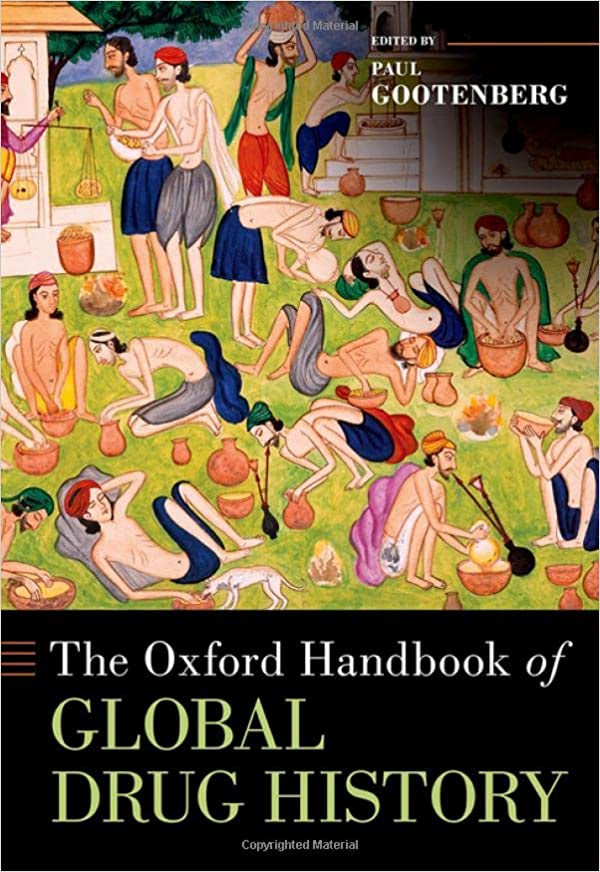
Professor Paul Gootenberg (Chair) is General Editor of the newly published Oxford Handbook of Global Drug History (Oxford Handbooks, 2022). With 36 contributions encompassing the entire globe, the Handbook is the first major compendium of the "new global drug history," covering some 5,000 years of intoxicating academic histories.

Publisher's Description: While the histories of gold, silver, and copper mining and smelting are well studied, lead has not received much scholarly attention despite a long history of both Native American and European desire for the ore. Over time, native peoples made lead ornaments in molds; French and American settlers used lead to form musket balls; red lead became an important production element for flint and crystal production; and white lead was used in making paint until the mid-twentieth century.
Gray Gold aims to broaden understandings of early colonial and Native American history by turning attention to the ways that mining—and its scientific, technological, economic, cultural, and environmental features—shaped intercultural interactions and developments in the New World. Backed by remarkable original sources such as firsthand mining accounts, letters, and surveys, Mark Chambers’s study demonstrates how early mining techniques affected the culture clash between Native Americans and Europeans all the while tracking the impact increased mining had on the environment of what would become the states of Illinois and Missouri. Chambers traces the evolution of lead mining and smelting technology through pre-contact America, to the amalgamation of aboriginal processes with French colonial development, through Spain’s short occupation to the Louisiana Purchase and ultimately the technology transfer from Europe to an efficient and year-round standard of practice after American assumption. Additionally, while slavery in early American industry has been touched on in iron manufacturing and coal mining scholarship, the lead mining context sheds new light on the history of that grievous institution.
Gray Gold adds significantly to the understanding of lead mining and the economic and industrial history of the United States. Chambers makes important contributions to the fields of United States history, Native American and frontier history, mining and environmental history, and the history of science and technology. (University of Tennesee Press, 2021)
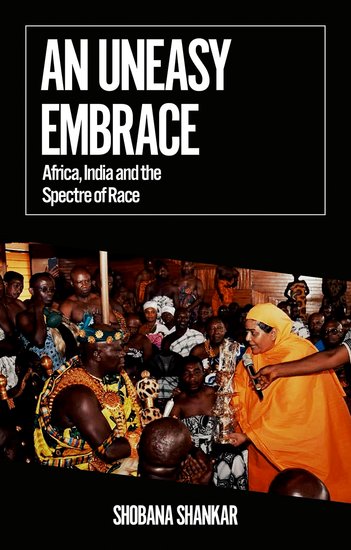
Publisher's Description: The entwined histories of Blacks and Indians defy easy explanation. From Ghanaian
protests over Gandhi statues to American Vice President Kamala Harris's story, this
relationship--notwithstanding moments of common struggle--seethes with conflicts that
reveal how race reverberates throughout the modern world.
Shobana Shankar's groundbreaking intellectual history tackles the controversial question
of how Africans and Indians make and unmake their differences. Drawing on archival
and oral sources from seven countries, she traces how economic tensions surrounding
the Indian diaspora in East and Southern Africa collided with widening Indian networks
in West Africa and the Black Atlantic, forcing a racial reckoning over the course
of the twentieth century. While decolonization brought Africans and Indians together
to challenge Euro-American white supremacy, discord over caste, religion, sex and
skin color simmered beneath the rhetoric of Afro-Asian solidarity. This book examines
the cultural movements, including Pan-Africanism and popular devotionalism, through
which Africans and Indians made race consciousness, alongside economic cooperation,
a moral priority. Yet rising wealth and nationalist amnesia now threaten this postcolonial
ethos. Calls to dismantle statues, from Dakar to Delhi, are not mere symbolism. They
express new solidarities which seek to salvage dissenting histories and to preserve
the possibility of alternative futures. (Oxford University Press, 2021)
Publisher's Description: How do you get students to engage in a historical episode or era? How do you bring the immediacy and contingency of history to life? Michael A. Barnhart shares the secret to his award-winning success in the classroom with Can You Beat Churchill?, which encourages role-playing for immersive teaching and learning. Combating the declining enrollment in humanities classes, this innovative approach reminds us how critical learning skills are transmitted to students: by reactivating their curiosity and problem-solving abilities.
Barnhart provides advice and procedures, both for the use of off-the-shelf commercial simulations and for the instructor who wishes to custom design a simulation from scratch. These reenactments allow students to step into the past, requiring them to think and act in ways historical figures might have. Students must make crucial or dramatic decisions, though these decisions need not align with the historical record. In doing so, they learn, through action and strategic consideration, the impact of real individuals and groups of people on the course of history. (Cornell University Press, 2021)

Publisher's Description: In the 1970s and 1980s West Germany was a pioneer in both the use of the new information
technologies for population surveillance and the adoption of privacy protection legislation.
During this era of cultural change and political polarization, the expansion, bureaucratization,
and computerization of population surveillance disrupted the norms that had governed
the exchange and use of personal information in earlier decades and gave rise to a
set of distinctly postindustrial social conflicts centered on the use of personal
information as a means of social governance in the welfare state. Combining vast archival
research with a groundbreaking theoretical analysis, this book gives a definitive
account of the politics of personal information in West Germany at the dawn of the
information society. (Berghan Books, 2021)
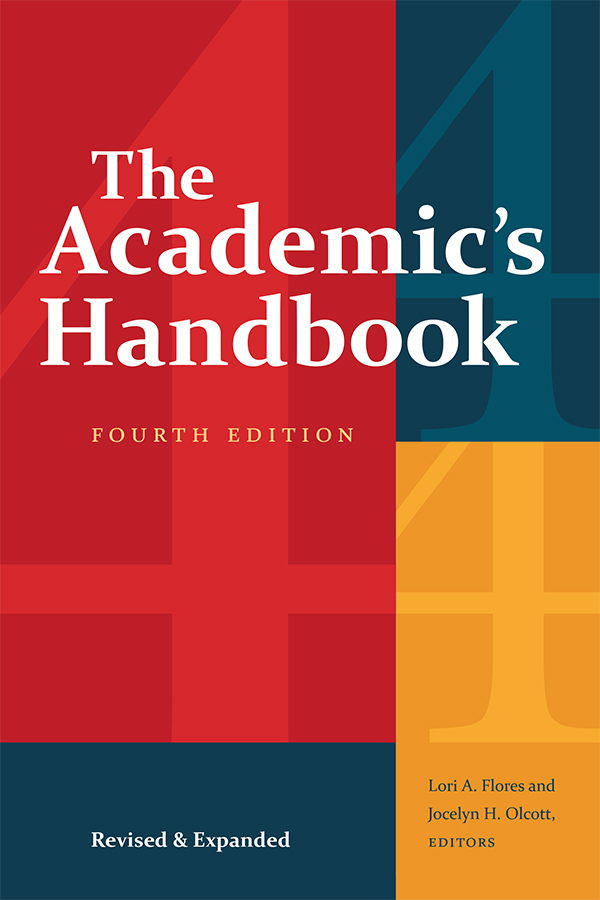
Publisher's Description: In recent years, the academy has undergone significant changes: a more competitive and volatile job market has led to widespread precarity, teaching and service loads have become more burdensome, and higher education is becoming increasingly corporatized. In this revised and expanded edition of The Academic's Handbook, more than fifty contributors from a wide range of disciplines and backgrounds offer practical advice for academics at every career stage, whether they are first entering the job market or negotiating the post-tenure challenges of leadership and administrative roles. Contributors affirm what is exciting and fulfilling about academic work while advising readers about how to set and protect boundaries around their energy and labor. In addition, the contributors tackle topics such as debates regarding technology, social media, and free speech on campus; publishing and grant writing; attending to the many kinds of diversity among students, staff, and faculty; and how to balance work and personal responsibilities. A passionate and compassionate volume, The Academic's Handbook is an essential guide to navigating life in the academy. (Duke University Press, 2020)
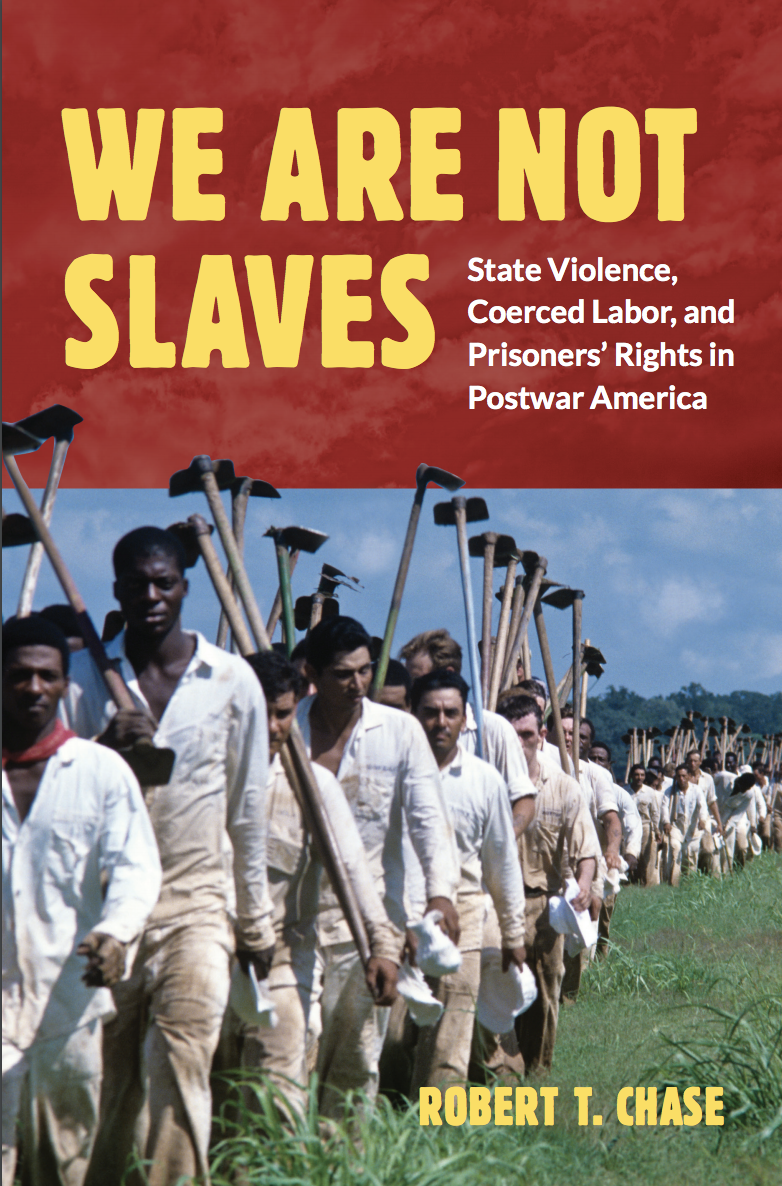
Publisher's Description: In the early twentieth century, the brutality of southern prisons became a national scandal. Prisoners toiled in grueling, violent conditions while housed in crude dormitories on what were effectively slave plantations. This system persisted until the 1940s when, led by Texas, southern states adopted northern prison design reforms. Texas presented the reforms to the public as modern, efficient, and disciplined. Inside prisons, however, the transition to penitentiary cells only made the endemic violence more secretive, intensifying the labor division that privileged some prisoners with the power to accelerate state-orchestrated brutality and the internal sex trade. Reformers' efforts had only made things worse--now it was up to the prisoners to fight for change.
Drawing from three decades of legal documents compiled by prisoners, Robert T. Chase narrates the struggle to change prison from within. Prisoners forged an alliance with the NAACP to contest the constitutionality of Texas prisons. Behind bars, a prisoner coalition of Chicano Movement and Black Power organizations publicized their deplorable conditions as “slaves of the state” and initiated a prison-made civil rights revolution and labor protest movement. These insurgents won epochal legal victories that declared conditions in many southern prisons to be cruel and unusual--but their movement was overwhelmed by the increasing militarization of the prison system and empowerment of white supremacist gangs that, together, declared war on prison organizers. Told from the vantage point of the prisoners themselves, this book weaves together untold but devastatingly important truths from the histories of labor, civil rights, and politics in the United States as it narrates the transition from prison plantations of the past to the mass incarceration of today. (University of North Carolina Press, 2019)
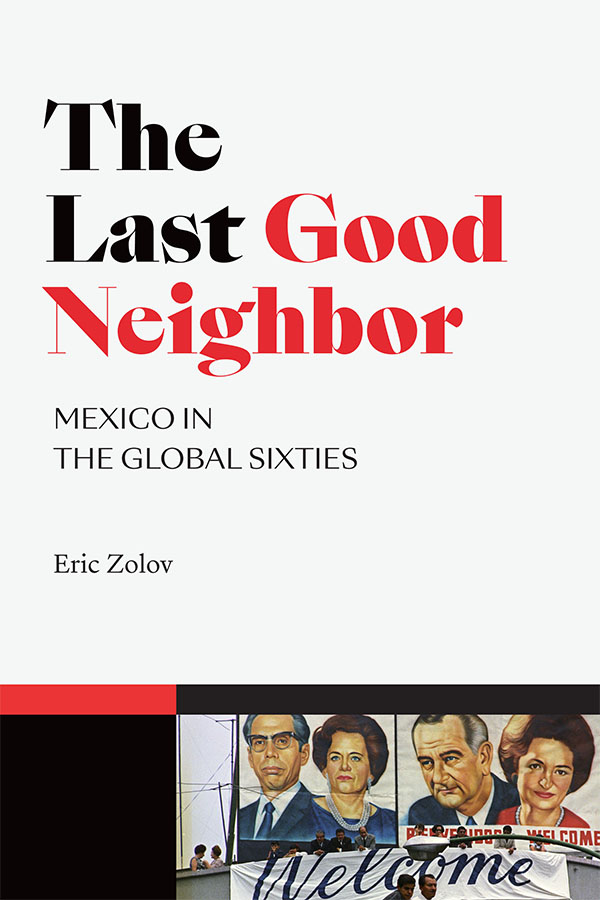
Publisher's Description: In The Last Good Neighbor Eric Zolov presents a revisionist account of Mexican domestic politics and international
relations during the long 1960s, tracing how Mexico emerged from the shadow of FDR's
Good Neighbor policy to become a geopolitical player in its own right during the Cold
War. Zolov shows how President Adolfo López Mateos (1958–1964) leveraged Mexico's
historical ties with the United States while harnessing the left's passionate calls
for solidarity with developing nations in a bold attempt to alter the course of global
politics. During this period, Mexico forged relationships with the Soviet Bloc, took
positions at odds with US interests, and entered the scene of Third World internationalism.
Drawing on archival research from Mexico, the United States, and Britain, Zolov gives
a broad perspective on the multitudinous, transnational forces that shaped Mexican
political culture in ways that challenge standard histories of the period. (Duke University Press, 2020)
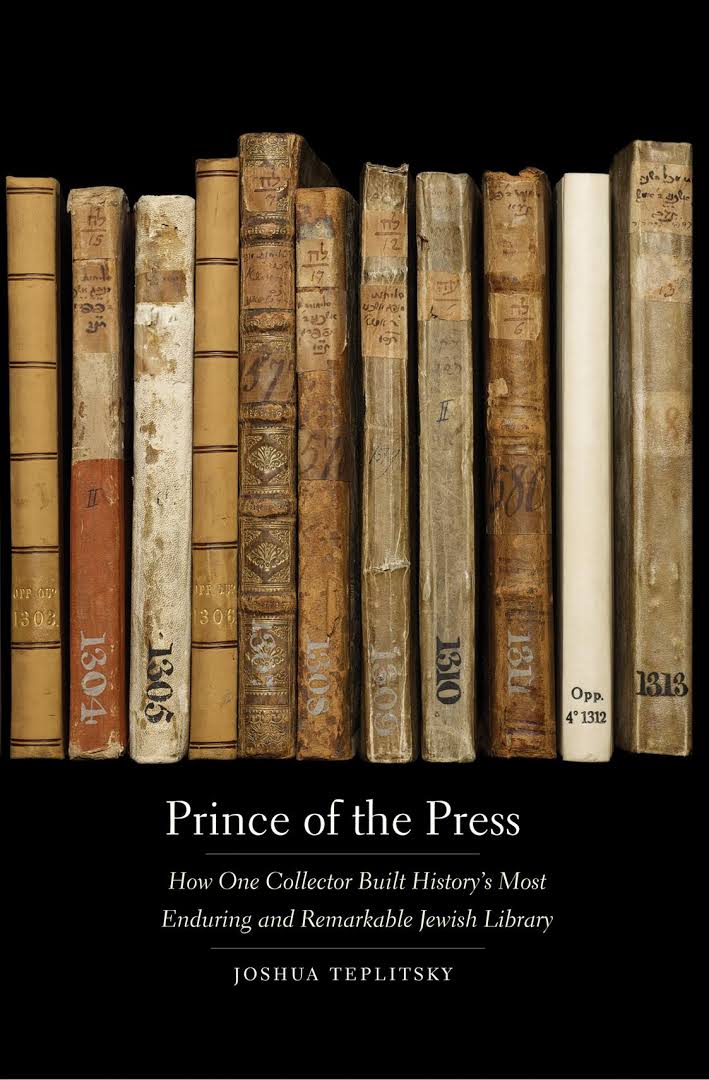 |
|
Publisher's description: "David Oppenheim (1664–1736), chief rabbi of Prague in the early eighteenth century, built an unparalleled collection of Jewish books and manuscripts, all of which have survived and are housed in the Bodleian Library at Oxford. His remarkable collection testifies to the myriad connections Jews maintained with each other across political borders, and the contacts between Christians and Jews that books facilitated. From contact with the great courts of European nobility to the poor of Jerusalem, his family ties brought him into networks of power, prestige, and opportunity that extended across Europe and the Mediterranean basin. Containing works of law and literature alongside prayer and poetry, his library served rabbinic scholars and communal leaders, introduced old books to new readers, and functioned as a unique source of personal authority that gained him fame throughout Jewish society and beyond. The story of his life and library brings together culture, commerce, and politics, all filtered through this extraordinary collection. Based on the careful reconstruction of an archive that is still visited by scholars today, Joshua Teplitsky’s book offers a window into the social life of Jewish books in early modern Europe." (Yale University Press, 2019) |
|
|
|
Publisher's description: "Private law enforcement and order maintenance have usually been seen as working against or outside of state authority. A History of Private Policing in the United Statessurveys private policing since the 1850s to the present, arguing that private agencies have often served as a major component of authority in America as an auxiliary of the state." (Bloomsbury, 2018) |
|
|
|
Publisher's description: "Known as 'The Salad Bowl of the World,' California's Salinas Valley became an agricultural
empire due to the toil of diverse farmworkers, including Latinos. A sweeping critical
history of how Mexican Americans and Mexican immigrants organized for their rights
in the decades leading up to the seminal strikes led by Cesar Chavez, this important
work also looks closely at how different groups of Mexicans—U.S. born, bracero, and
undocumented—confronted and interacted with one another during this period." (Yale University Press, 2016) |
|
|
|
Publisher's description: "In a work that spans the twentieth century, Nancy Tomes questions the popular—and
largely unexamined—idea that in order to get good health care, people must learn to
shop for it. Remaking the American Patient explores the consequences of the consumer economy and American medicine having come
of age at exactly the same time. Tracing the robust development of advertising, marketing,
and public relations within the medical profession and the vast realm we now think
of as 'health care,' Tomes considers what it means to be a 'good' patient. As she
shows, this history of the coevolution of medicine and consumer culture tells us much
about our current predicament over health care in the United States." (University of North Carolina Press, 2016) |
|
|
|
Publisher's description: "Going far beyond basic historical information, this two-volume work examines the
deep roots of Mexican culture and their meaning to modern Mexico. In this book, readers
will find rich, in-depth treatments by renowned as well as up-and-coming scholars
on the most iconic people, places, social movements, and cultural manifestations—including
food, dress, film, and music—that have given shape and meaning to modern Mexico and
its people." (ABC-Clio, 2015) |
|
|
|
Publisher's description: "This examination of the formally autonomous state of Hyderabad in a global comparative
framework challenges the idea of the dominant British Raj as the sole sovereign power
in the late colonial period. Beverley argues that Hyderabad's position as a subordinate
yet sovereign 'minor state' was not just a legal formality, but that in exercising
the right to internal self-government and acting as a conduit for the regeneration
of transnational Muslim intellectual and political networks, Hyderabad was indicative
of the fragmentation of sovereignty between multiple political entities amidst Empires.
This book recasts the political geography of late imperialism and historicizes Muslim
political modernity in South Asia and beyond." (Cambridge University Press, 2015) |
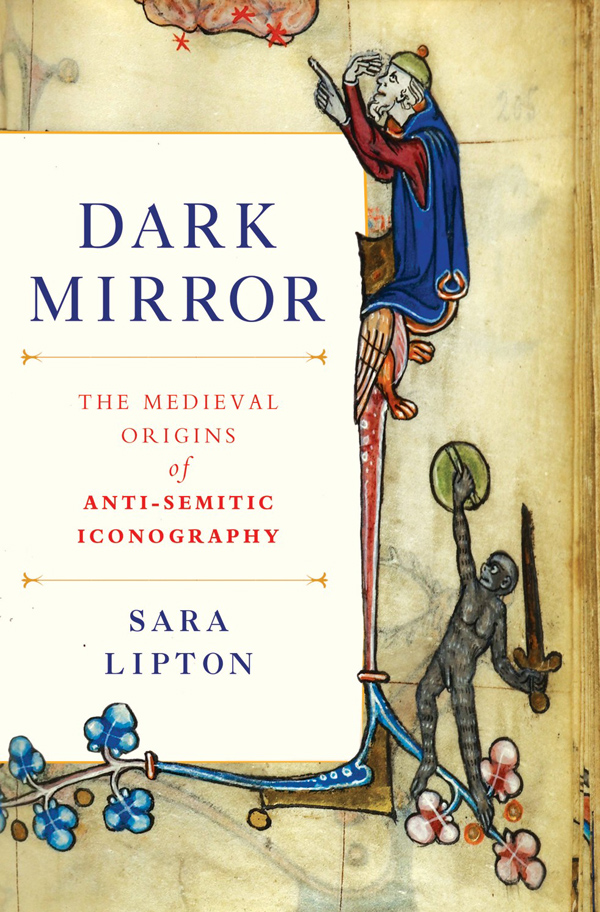 |
|
Publisher's description: "In Dark Mirror, Sara Lipton offers a fascinating examination of the emergence of anti-Semitic iconography
in the Middle Ages. The straggly beard, the hooked nose, the bag of coins, and gaudy
apparel—the religious artists of medieval Christendom had no shortage of virulent
symbols for identifying Jews. Yet, hateful as these depictions were, the story they
tell is not as simple as it first appears." (Metropolitan Books, 2014) |
|
|
|
Publisher's description: "Art Work recaptures the unfamiliar cultural landscape in which spirited young women, daring
social reformers, and radical artisans succeeded in reuniting art and industry. In
this interdisciplinary study, April F. Masten situates the aspirations and experience
of these forgotten women artists, and the value of art work itself, at the heart of
the capitalist transformation of American society." (University of Pennsylvania Press, 2014) |
|
|
|
Publisher's description: "Who Shall Enter Paradise? recounts in detail the history of Christian-Muslim engagement in a core area of sub-Saharan
Africa's most populous nation, home to roughly equal numbers of Christians and Muslims.
it is a region today beset by religious violence, in the course of which history has
often been told in overly simplified or highly partisan terms. This book reexamines
conversion and religious identification not as fixed phenomena, but as experiences
shaped through cross-cultural encounters, experimentation, collaboration, protest,
and sympathy." (Ohio University Press, 2014) |
|
|
|
Publisher's description: "Biography of a Hacienda is a many-voiced reconstruction of events leading up to the Mexican Revolution and
the legacy that remains to the present day. Drawing on ethnohistorical, archaeological,
and ethnographic data, Elizabeth Terese Newman creates a fascinating model of the
interplay between the great events of the Revolution and the lives of everyday people."
(University of Arizona Press, 2014) |
|
|
|
Publisher's description: "In the mid-eighteenth century, colonial Americans became enamored with the rich
colors and silky surface of mahogany. This exotic wood, imported from the West Indies
and Central America, quickly displaced local furniture woods as the height of fashion.
Over the next century, consumer demand for mahogany set in motion elaborate schemes
to secure the trees and transform their rough-hewn logs into exquisite objects. But
beneath the polished gleam of this furniture lies a darker, hidden story of human
and environmental exploitation." (Harvard University Press, 2012)
|
|
|
|
Publisher's description: "Although suburb-building created major environmental problems, Christopher Sellers
demonstrates that the environmental movement originated within suburbs—not just in
response to unchecked urban sprawl. Sellers shows how the philosophy, science, and
emotions that catalyzed the environmental movement sprang directly from suburbanites'
lives and their ideas about nature, as well as the unique ecology of the neighborhoods
in which they dwelt." (University of North Carolina Press, 2012) |
|
|
|
Publisher's description: "Japan's invasion of Manchuria in September of 1931 initiated a new phase of brutal
occupation and warfare in Asia and the Pacific. It forwarded the project of remaking
the Japanese state along technocratic and fascistic lines and creating a self-sufficient
Asian bloc centered on Japan and its puppet state of Manchukuo. In Planning for Empire, Janis Mimura traces the origins and evolution of this new order and the ideas and
policies of its chief architects, the reform bureaucrats." (Cornell University Press, 2011) |
|
|
|
Publisher's description: "Gary Marker traces the Russian veneration of St. Catherine of Alexandria from its
beginnings in Kievan times through the onset of female rulership in the 18th century.
Two narratives emerge. The first focuses on St. Catherine within Christendom and,
specifically, within Russia. The second shifts attention to the second wife of Peter
the Great, Catherine I, who became Russia’s first crowned female ruler. Marker then
explores the evolution of divine queenship and the Catherine cult through the reigns
of Elizabeth and Catherine the Great." (Northern Illinois University Press, 2011) |
|
|
|
Publisher's description: "Gootenberg traces cocaine's history from its origins as a medical commodity in the
nineteenth century to its repression during the early twentieth century and its dramatic
reemergence as an illicit good after World War II. Connecting the story of the drug's
transformations is a host of people, products, and processes: Sigmund Freud, Coca-Cola,
and Pablo Escobar all make appearances, exemplifying the global influences that have
shaped the history of cocaine. But Gootenberg decenters the familiar story to uncover
the roles played by hitherto obscure but vital Andean actors as well." (University of North Carolina Press, 2008) |
|
|
|
Publisher's description: "In the wake of expanding commercial voyages, many people in early modern Europe
became curious about the plants and minerals around them and began to compile catalogs
of them. Drawing on cultural, social and environmental history, as well as the histories
of science and medicine, this book argues that, amidst a growing reaction against
exotic imports—whether medieval spices like cinnamon or new American arrivals like
chocolate and tobacco—learned physicians began to urge their readers to discover their
own 'indigenous' natural worlds." (Cambridge University Press, 2007) |
|
|
|
Publisher's description: "In this important volume, Herman Lebovics, a preeminent cultural historian of France, develops a historical argument with striking contemporary relevance: empire abroad inevitably undermines democracy at home. These essays, which Lebovics wrote over the past decade, demonstrate the impressive intellectual range of his work. Focusing primarily on France and to a lesser extent on the United Kingdom, he shows how empire and its repercussions have pervaded—and corroded—Western cultural, intellectual, and social life from the mid-nineteenth century to the present." (Duke University Press, 2006) |
|
|
|
Publisher's description: "In Bringing the Empire Back Home, the inventive cultural historian Herman Lebovics provides a riveting account of
how intense disputes about what it means to be French have played out over the past
half-century, redefining Paris, the regions, and the former colonies in relation to
one another and the world at large. In a narrative populated with peasants, people
from the former colonies, museum curators, former colonial administrators, left Christians,
archaeologists, anthropologists, soccer players and their teenage fans, and, yes,
leading government officials, Lebovics reveals contemporary French society and cultures
as perhaps the West’s most important testing grounds of pluralism and assimilation."
(Duke University Press, 2004) |
|
|
|
Publisher's description: "Nowhere in Latin America were postcolonial transitions more turbulent than in the
Andes, where communal indigenous roots grew deep and where the 'Indian problem' seemed
so discouraging to liberalizing states. The analysis raises broader issues about the
interplay of liberalism, racism, and ethnicity in the formation of exclusionary 'republics
without citizens' over the nineteenth century." (Cambridge University Press, 2004) |
|
|
|
Publisher's description: "This volume provides a succinct, analytical, well-conceived, and nicely written account
of the development of colonial North American thought and culture from 1680 to the
eve of the American Revolution. It situates the subject firmly within a transatlantic
context. The author emphasizes the extent to which improving communications and expanding
connections helped to incorporate colonial settlers into a larger British world by
providing them access and inviting them to become contributors to a burgeoning public
culture of print, which consisted of newspapers, magazines, books, and letters." (Cornell University Press, 2000) |


